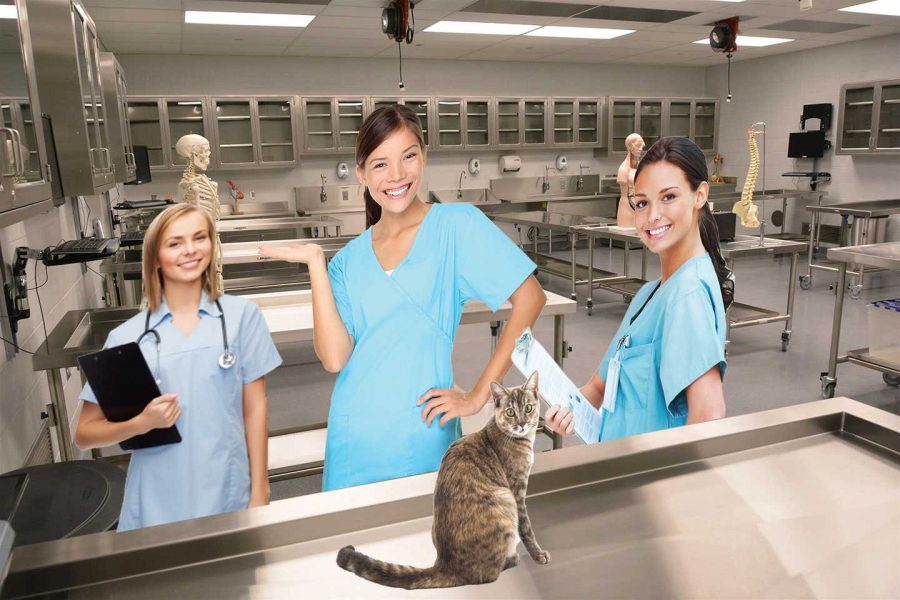By Emily Parry
Contributing Writer
It’s that time of year again: college students are hunting for summer internships.
Internships seem to be crucial these days, with students interviewing and lining up jobs for the summer. Internships have become a vital part of a student’s education in an attempt to gain experience and beef up their resumes. However, according to a survey by the National Associations of Colleges and Employers, “unpaid gigs provide little or no edge over not interning at all.”
I had an internship last summer at an insurance firm that recruited me through their internship program. However, my experience was less than satisfying, with a commission-based compensation. This is not an uncommon story, especially for the average college student. However, unlike a lot of interns, I was lucky enough to even have the ability to make money.
So why are so many internships unpaid?
The short answer is that it depends on the type of company. Government rules state that non-profit companies are not required to pay interns, where as for-profit companies can and should pay their interns.
Here at Simmons College, every student is required to graduate with eight independent learning credits under their belt. This includes the internship classes. Like most colleges in the area, students are exposed to real-life jobs and situations; however, most of the internships students receive are unpaid.
Simmons student, Rachel Luebbert, Neuroscience major said, “I have an unpaid internship this summer and I chose to accept this internship because of the connections and networking that I could gain from this experience. However, this will affect my financial situation as I cannot work for free, and therefore I will be working another job this summer on top of my internship.”
It might sound unfair, but it is the harsh reality of the job market. Many unpaid internships are taken for college credit with the reality of interns being temporary.
On the contrary, Simmons student Colleen Cronin, Nursing major, said, “I am required to do clinical rotations and I think of this as internship experience. These clinical rotations are unpaid and taken for credit. I find a lot of value in these experiences as it exposes me to my field of study. I get to experience hands-on learning while gaining familiarity in all fields of nursing.”
Although it would be ideal for internships to be paid, we have to remember the experience we are receiving in return. Internships are a way of learning what your strengths and weaknesses are and if you could see yourself in the field after graduation.





















